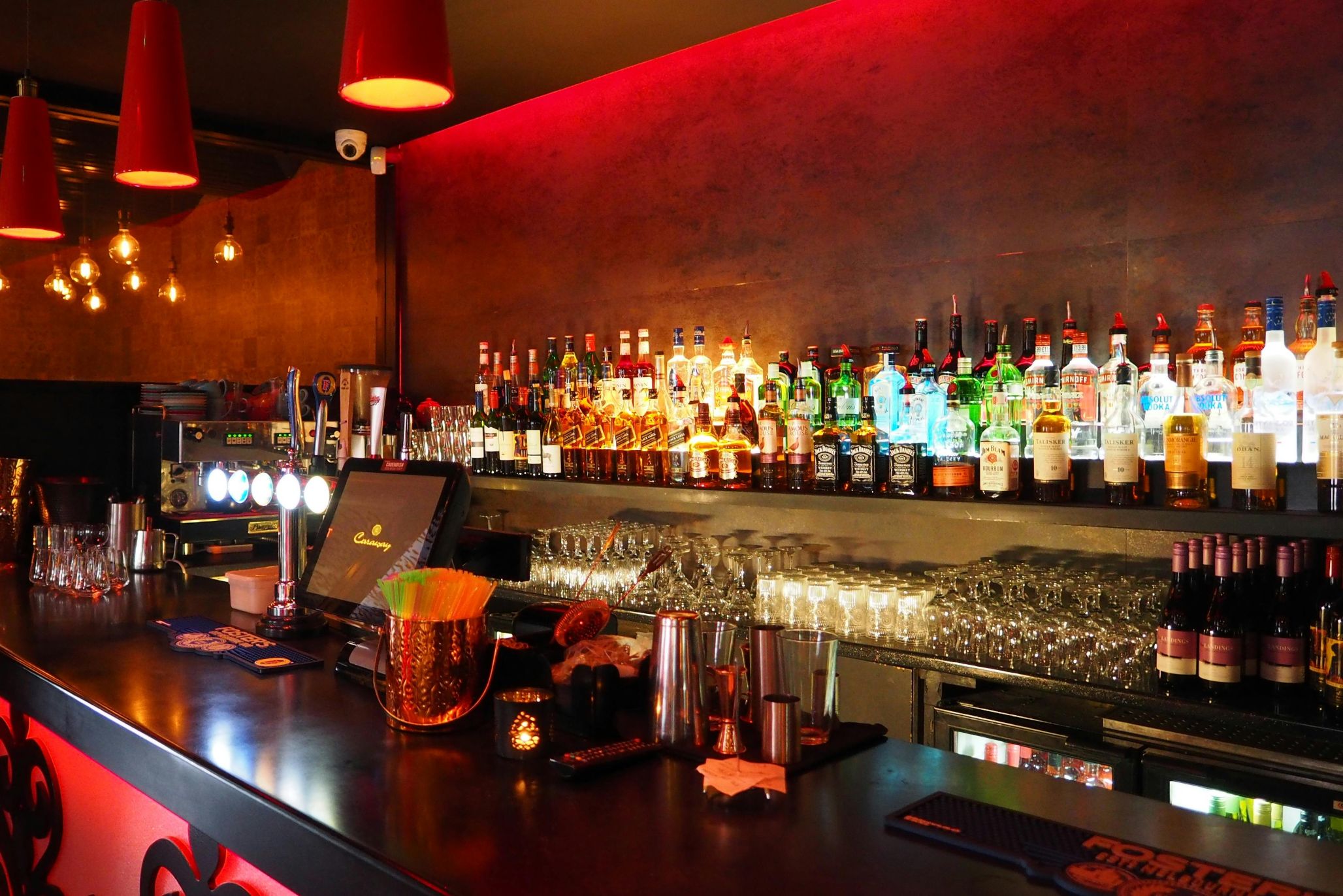Hospitality’s Turning Point: Why 2025 Could Be a Smart Time to Invest in Hotels and Pubs
Despite pressures, shifts in demand, investment activity and market fundamentals make hospitality a compelling asset class — if you choose wisely
The UK hospitality sector is navigating a landscape of rising costs, regulatory headwinds and shifting consumer patterns — but under the surface, new opportunities are emerging for savvy investors. Between occupancy rebounds, resilient demand and rising deal-making, 2025 might offer a turning point for those looking to invest in hospitality assets.
Mixed Pressures — but Demand Is Holding Up
The hospitality sector continues to feel the strain: rising labour costs, higher business rates and wage inflation have hit many operators hard
- Some pubs, restaurants and small hotels have closed or are under threat, especially where costs are ballooning faster than revenue.
- Overall occupancy dipped slightly in the early part of 2025 across many hotels, with average daily rates (ADR) and occupancy rates showing signs of pressure.
Yet, despite these headwinds:
- As of early 2025, hotel occupancy in the UK and Ireland has returned to around pre-pandemic levels.
- Demand remains underpinned by leisure tourists, domestic travellers and a rebound in business and international travel — especially as global mobility recovers.
This resilience suggests that well-positioned hospitality operators may weather short-term cost pressures better than many expect.
Investment Activity Surges — and Valuations Reflect Opportunity
Despite economic uncertainty, investor appetite for hospitality assets is rising sharply. Key data points:
- Total UK hotel investment reached £6.6 billion in 2024, a five-year high buoyed by major portfolio sales in London and Edinburgh.
- Many industry participants expect investment activity to accelerate further in 2025, as debt-market liquidity improves and investors chase income-generating assets amid wider real estate volatility.
- Notably, interest is rising not just in luxury and upscale hotels — the “upper upscale” and “luxury” segments are the most in demand — but also in value-oriented economy hotels, suggesting a dual-track appetite across market tiers.
Regional markets beyond London and Edinburgh are also seeing increasing traction, with volumes in Scotland, the South West and the West Midlands doubling year-on-year.
Structural Trends Offer Strategic Advantages
Several underlying trends make hospitality assets appealing to investors with a medium-term horizon:
- Limited new supply growth: New hotel construction has slowed sharply. Active development now adds only a small fraction yearly to total room stock, preserving demand-supply balance and supporting room rates.
- Resilient demand mix: With leisure, business, and international travel all contributing, the sector is less reliant on any single source of demand — helping to smooth out economic cycles.
- Room for operational upside: Investors who buy underperforming or distressed assets may find value by improving operations, repositioning hotels, or converting to different formats (e.g. from budget to mid-scale, or hybrid/hospitality-residential use).
What This Means for Investors
For those willing to look beyond immediate volatility, the UK hospitality sector presents a number of compelling investment propositions:
- Potential for capital appreciation: As demand recovers and supply remains constrained, well-located hotels may see value gains over the medium-term.
- Income generation: Hotels and hospitality properties can deliver steady income from room rates, leisure demand and seasonal travel patterns.
- Diversification within property portfolios: Hospitality offers an alternative to traditional real-estate asset classes (residential, retail), with different risk-return dynamics — useful in volatile markets.
- Opportunistic value investments: With some operators under pressure from cost inflation and tougher regulation, there may be opportunities to acquire assets at discounts and reposition them for stronger performance.
Conclusion: A Challenging but Opportunistic Landscape
Yes — the UK hospitality sector faces headwinds from rising costs and regulatory pressures. But demand appears resilient, and investment activity is surging. For investors with a medium- to long-term outlook, and a willingness to pick and manage assets carefully, hospitality may offer one of the most attractive entry points in real estate today.
Sources: (SKY.com, Hospitalityinvestor.com)

